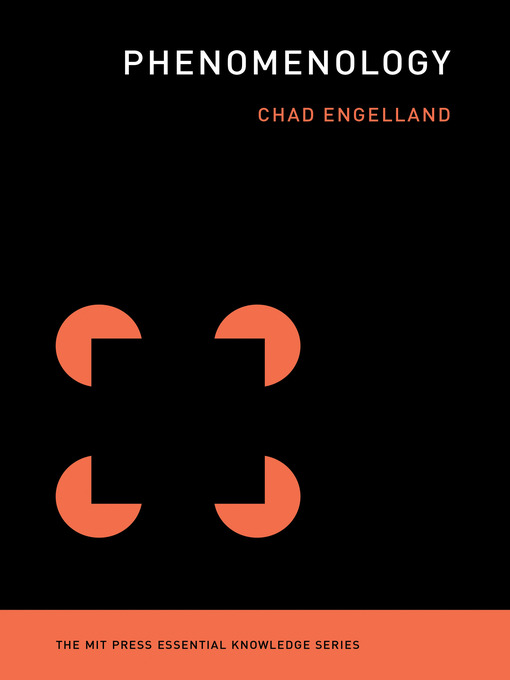
Phenomenology
The MIT Press Essential Knowledge series
کتاب های مرتبط
- اطلاعات
- نقد و بررسی
- دیدگاه کاربران
نقد و بررسی

Starred review from August 1, 2020
Engelland (philosophy, Univ. of Dallas; The Way of Philosophy) wants readers to experience what it is like to study the nature of experience, the aim of the phenomenological movement. Its founder, Edmund Husserl, argued that our inhabiting the world is not arbitrary and subjective but discloses "the things themselves." It does so by bringing to light the structural relations of what we perceive. Appearance is not a barrier to reality but constitutes it, a key phenomenological term. Husserl sought to establish a strictly objective science but, paradoxically, the movement reached no consensus on major doctrines. Engelland covers some of the primary points of disagreement with remarkable depth and concision. For example, Husserl made a "transcendental turn," but did this turn continue his original project, as he himself believed, or did it betray it, as Roman Ingarden thought? What is the relation between Martin Heidegger's Being and Time and Husserl's program? Here it was Heidegger who charged betrayal, as he claimed he himself had deepened and radicalized phenomenology. VERDICT Engelland succeeds very well in conveying what phenomenology is all about, and readers interested in Continental philosophy, from undergraduates to experienced professionals, will benefit from this comprehensive introduction--David Gordon, Ludwig von Mises Inst., Auburn, AL
Copyright 2020 Library Journal, LLC Used with permission.

























دیدگاه کاربران